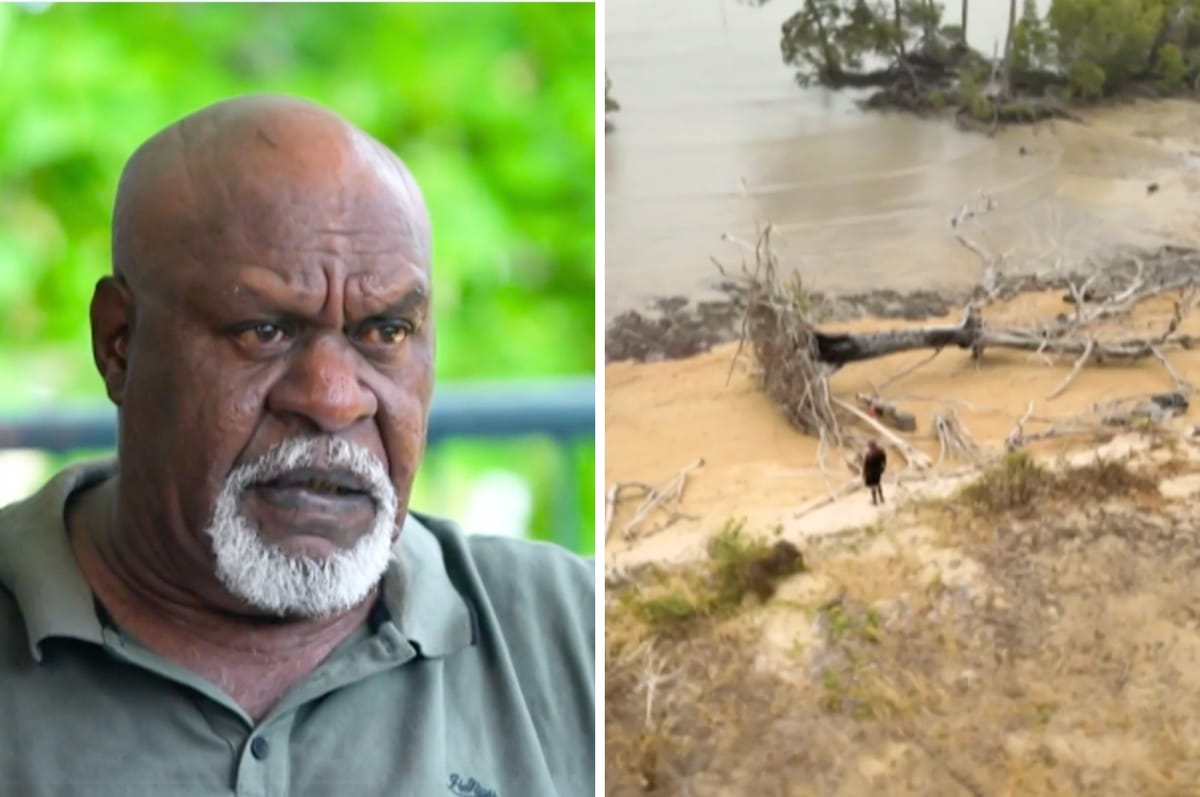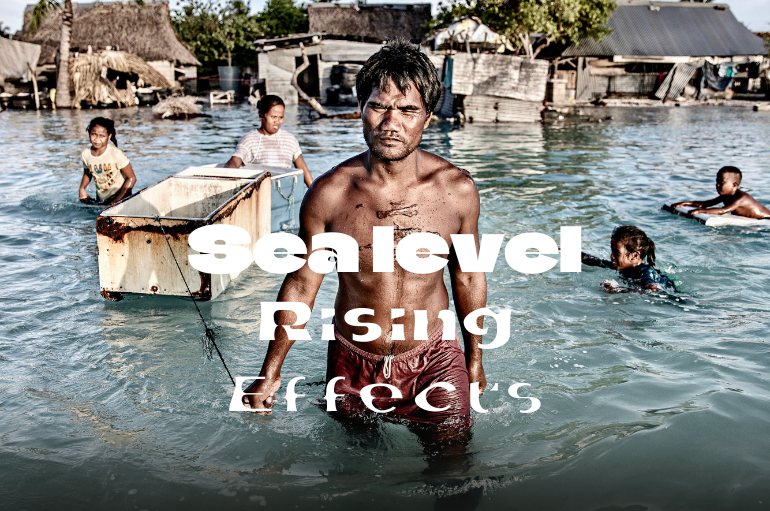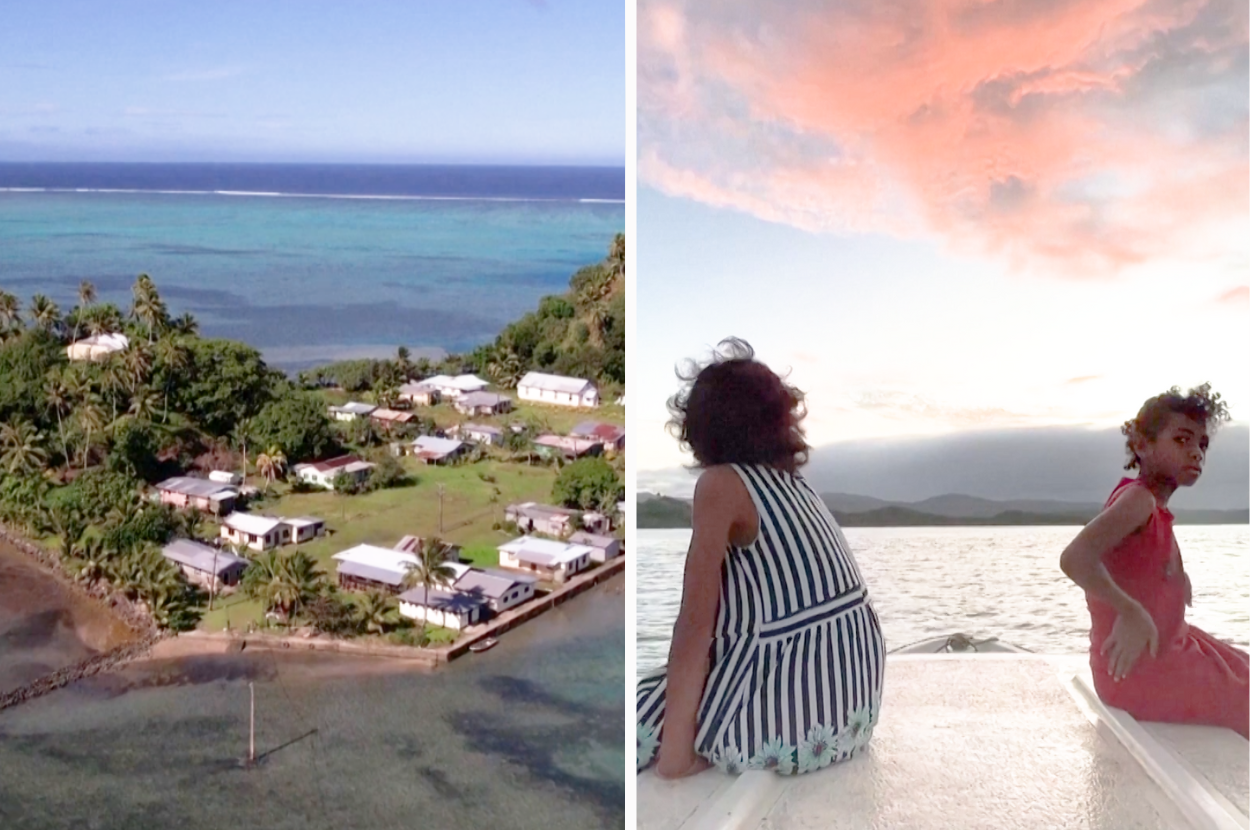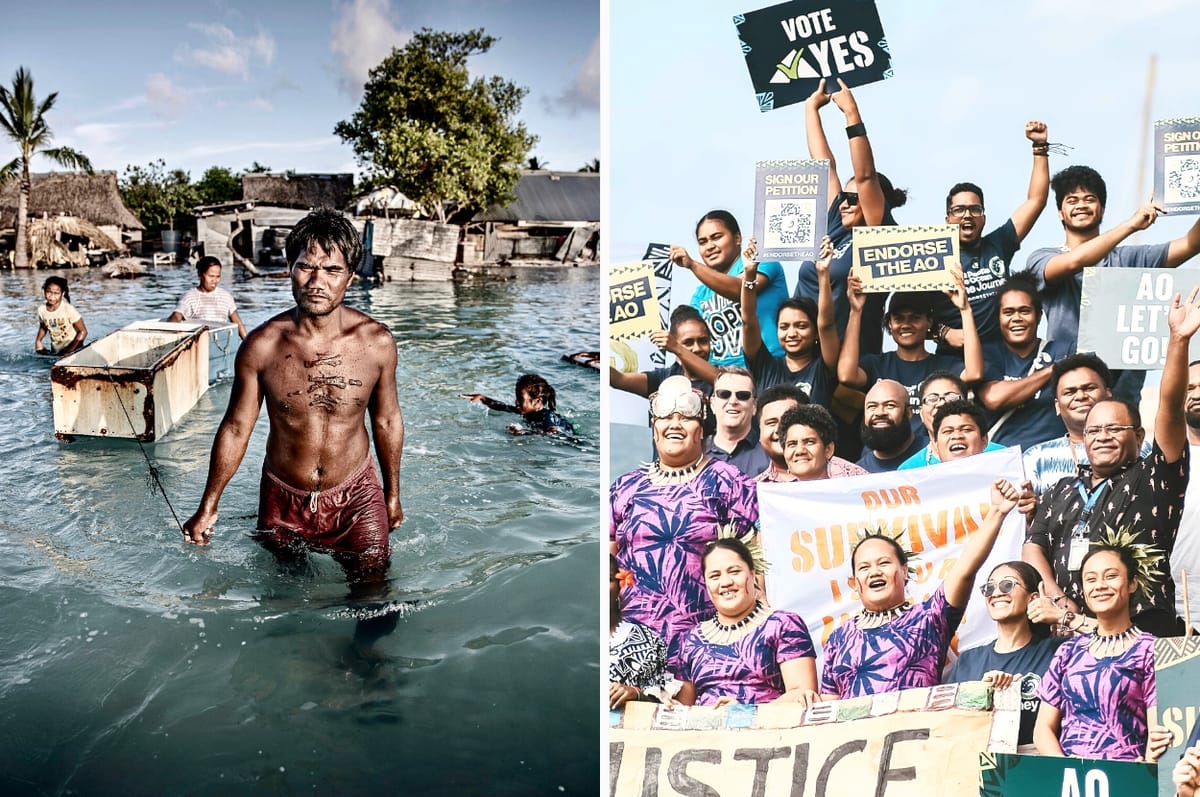In A Setback, Indigenous Torres Strait Islanders Sued Australia To Protect Them From Climate Change But Lost
Sea levels in Torres Islands have risen to about six cm every year, with some areas increasing to three times the global average.

In a major setback for climate justice, a court in Australia has ruled the Australian government does not have a legal duty to protect its citizens from climate change
In 2021, Uncle Paul Kabai and Uncle Pabai Paba from the Torres Strait Islands, an archipelago at the northern tip of Queensland, Australia brought the landmark climate case to help protect their communities from climate change
Sea levels in Torres Islands have risen to about six cm every year, with some areas increasing to three times the global average.
They said that without meaningful climate action, the Torres Strait Islanders would lose their distinct culture which is tied to the island and become climate refugees.
They argued Australia had set inadequate targets to help reduce greenhouse gas emission (GHG) and help fund climate adaptation measures in a timely manner.
This included the construction delay of a seawall that would have helped mitigate inundation from sea level rise and severe weather events.
After four years, on Tuesday, July 15, the federal court found the Australia government does not “owe a duty to care” to protect the islands from climate change and fund adaptation measures.
The judge acknowledged the case was factually strong and that the Torres Strait Islanders faced “a bleak future” if urgent action was not taken.
However, the judge said that current laws do not consider loss of culture and therefore are not subject to compensation.
The court also concluded that climate policy including funding adaption is a matter for parliament and not an issue for the courts.
Both Uncle Paul Kabai and Uncle Pabai Paba have expressed their disappointment at the court’s decisions, but are committed to continue the fight.










